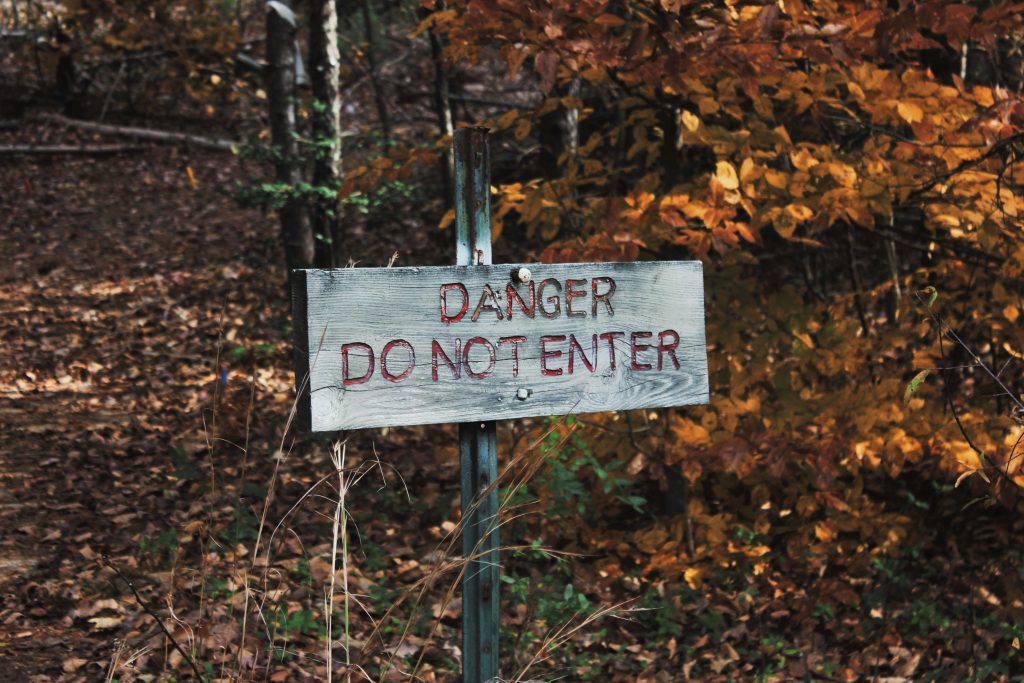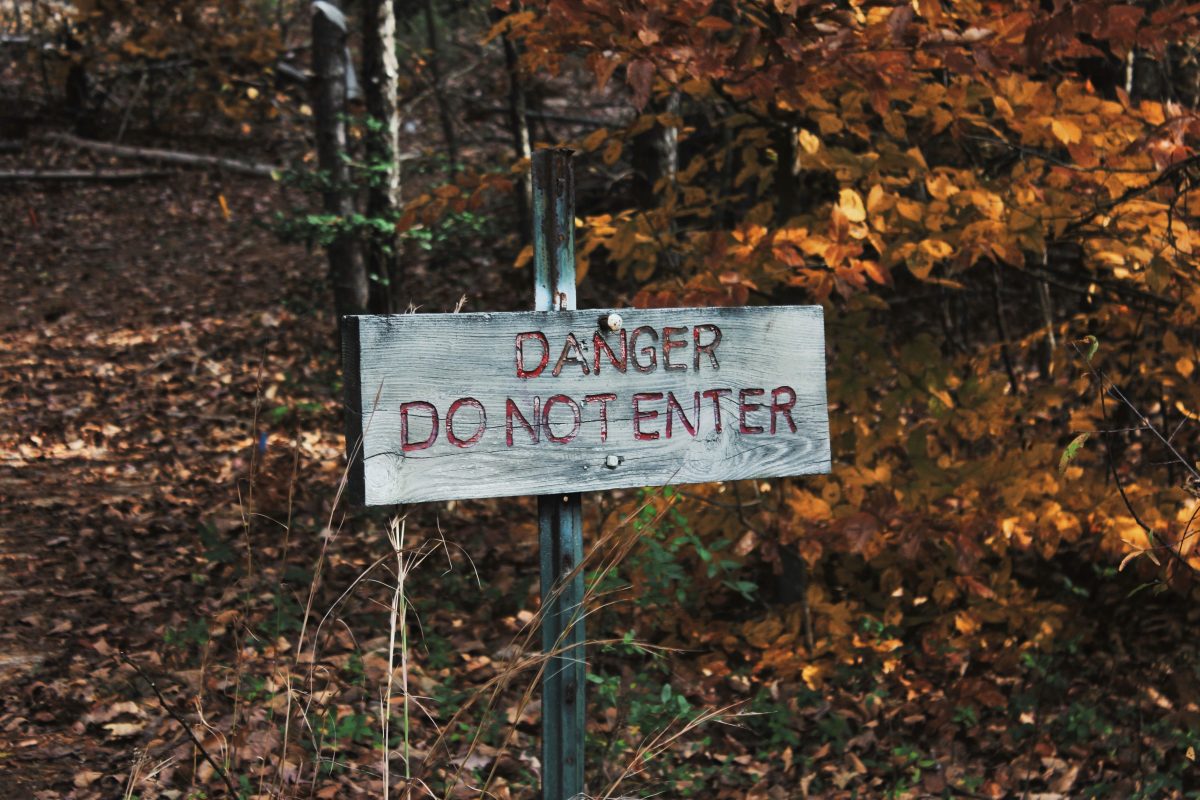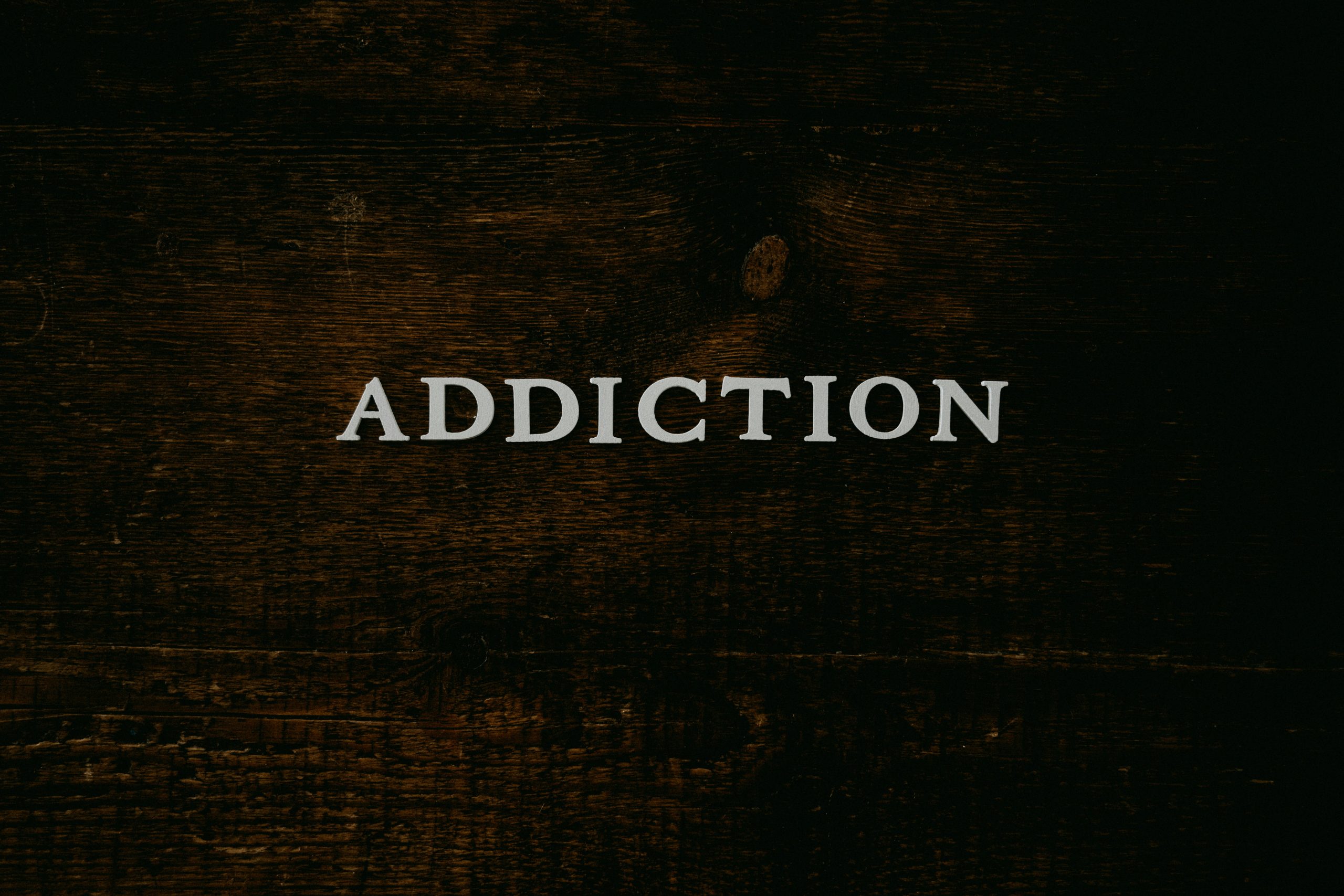Risks of taking on too much in early recovery
Giving up an addiction and rebuilding your life involves much work and effort.
Demands of early recovery
The first few months of recovery can be rather demanding, and there may be times when you feel like you are being pushed to your limits. The fact that healing can be so challenging already means that it is essential that you do not take on too much.
Dangers of taking on too much in early recovery
The risks of taking on too much in early recovery are many:
• Adapting to life in sobriety can be a challenge. If you take on additional responsibilities, it can become overwhelming.
• A common reason why people take on too much in early recovery is that they are trying to hide from their problems. By keeping busy, they think they can ignore the things they should be more concerned about.
• Taking on too much can turn into a relapse trigger. The recovering person becomes increasingly challenged by their workload until they decide that recovery is too complex and that they have a justification to relapse.
• These additional demands may mean the individual is too distracted to concentrate on recovery. Their priorities will become mixed up, making them vulnerable.
• When you are new to recovery, you are likely to lack insight into your needs and goals in life. This means you are liable to make rash decisions that you may later regret.

Avoid major life changes in the first year
Therapists suggest that if you are in early recovery, you should avoid making significant life changes within the first year. This ensures that you will not be taking on too much. You must do the work needed to establish a successful recovery, and any additional changes will be a distraction. The type of significant life changes that you should avoid in early recovery include:
- Taking on other responsibilities at work or applying for a promotion
- Changing job or career
- Getting a divorce or separation
- Having a baby
- Starting a romantic relationship
- Launching a new business enterprise
- Going on a trip that will involve being away from recovery resources for a long while
- Moving house or to a new country
In some cases, these changes will be unavoidable. So long as you have enough support, you should be able to manage the extra stress. The primary advice is that you do not voluntarily make such changes when you do not need to. The first year of recovery will pass very quickly, and it is best to delay significant changes until you feel stronger in sobriety.
How much is too much?
It can be difficult to assess how much is too much.
The advice here is that your number one priority should be doing all the things that help you stay sober. You may also need to take on hobbies and interests that make life exciting and prevent boredom. There is no urgent need to take on additional work or responsibilities. Sometimes you may feel like you should be doing more, but it is important to question these impulses. Of course, you should avoid the other extreme, where you only do the bare minimum in recovery – this will produce minimal results.
Progress, not perfection
It is often said that recovery is a process and not an event. People do not become addicts overnight; it is unreasonable to expect that everything can be straightened out in a few weeks or months. It can take years before you reach a stage of emotional sobriety. Even then, you will still have plenty of work to do.
You will progress over time, but you should not put unrealistic demands on yourself. Otherwise, it can lead to disappointment and dissatisfaction.
Sometimes you feel you have taken a step backwards, but this can also be part of the process. The aim is always progress and not perfection.
Dangers of romance in early recovery
One of the riskiest things that you can do in early recovery is to start a new romantic relationship. This can be a distraction, and if the romance goes sour, you may be at risk of relapse. The first few months of recovery are often called an “emotional rollercoaster”, and beginning a new romance is likely to worsen things.
Moreover, those new to recovery may use this relationship as an addiction substitute and develop a new obsession. The fact that you are still vulnerable in your new life means that the ups and downs of the romance will affect you hard. There is also the problem that those still adjusting to sobriety are prone to making impulsive and unwise decisions – including who they choose as a romantic partner.

How to deal with the demands of early recovery
There are things that you can do to enhance your ability to deal with the demands of early recovery, such as:
- The challenges of early recovery are easier to handle if you have support. This support may come from a therapist, a recovery fellowship, or friends who have already established sobriety.
- It would help if you learned relaxation techniques, which can be great for dealing with stress. Even some simple breathing exercises are practical and beneficial.
- If you are starting to feel overwhelmed, you must seek help immediately. This could involve speaking to a sponsor or therapist.
- Bad days occur in recovery, and it is vital to keep things in perspective. So long as you remain sober, you are already doing well!
- Having fun is a part of the recovery. If you find activities you enjoy, it will be easier to get involved in them.
- The no pain, no gain principle does not always apply. Sometimes the pain is a sign that you are doing something wrong or treading a slippery path.
- Keeping a recovery journal can be very useful. This will not only allow you to chart your progress but also be an outlet for worries and concerns.
- You must keep healthy in early recovery to have the strength to deal with the difficulties. This means you should eat a healthy diet, get good sleep at night, and get enough exercise.
- Knowledge makes things easier to manage. Try and learn all you can about recovery – particularly issues surrounding the relapse process.
If you or a loved one is struggling with addiction-related issues, call Freephone 0800 140 4044
Freephone: 0800 140 4044
Local rate: 0300 330 3040



